
Caroline Rutledge Armijo
The Lilies Project
She / Her / Hers
Caroline Rutledge Armijo is the founder and director of The Lilies Project, a creative placemaking grant in Walnut Cove, North Carolina. Stokes County is also the home of Belews Creek Power Station. Over 20 million tons of coal ash are stored at Duke Energy’s facility in the community. The Lilies Project provided the opportunity to create art out of coal ash and the literal transformation of a burden into something beautiful. The experience became more than just making a piece of public art, but expanded into the art of building community, the power of advocacy, celebrating history, revering special places, and believing in miracles.
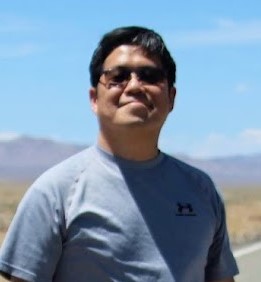
Chin-Min Cheng, PhD, PE
Senior Research Engineer; Department of Civil, Environmental, & Geodetic Engineering; The Ohio State University
He / Him / His
Dr. Chin-Min Cheng is the lead research scientist of the Coal Combustion Products Program at the Ohio State University. His research focuses on the environmental aspects of coal-fired power generation, including flue gas mercury emission, FGD wastewater mitigation, coal combustion by-products, and mine wastes. Dr. Cheng serves as the principal and co-investigator for over 30 research and engineering projects. He has authored, presented, and published more than 150 technical papers, reports, and articles. His works are published in Environmental Science & Technology, Energy and Fuel, Fuel, Science of the Total Environment, and other refereed journals.
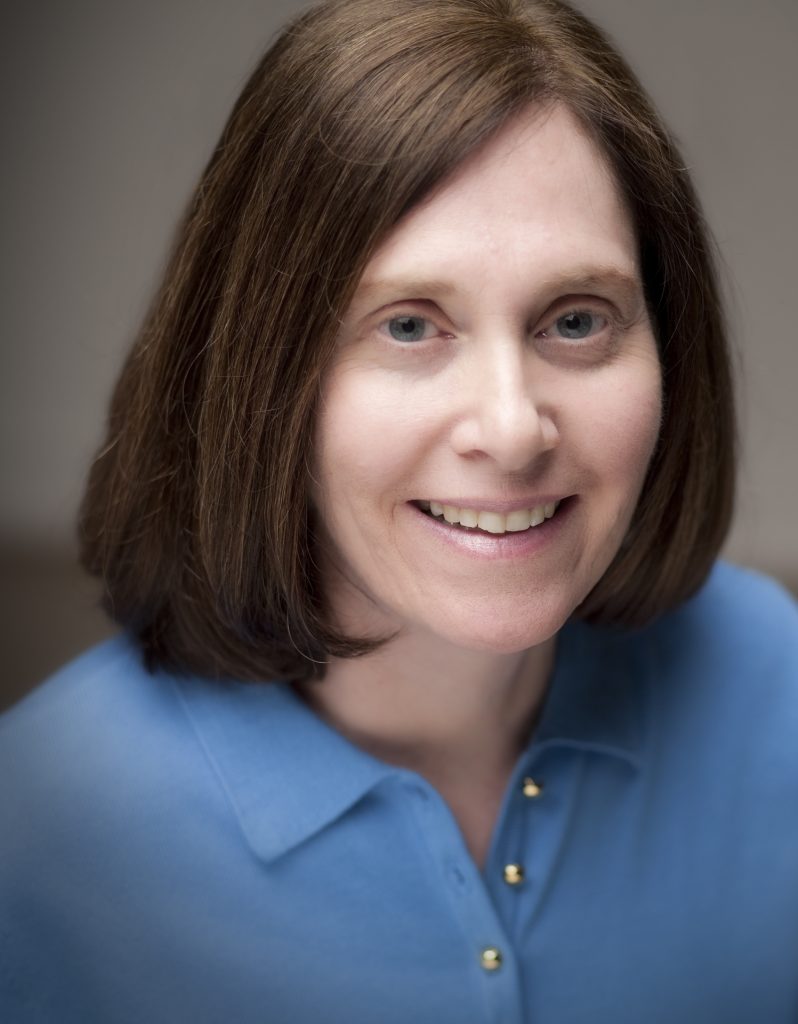
Ellen A. Cowan, PhD
Department of Geological & Environmental Sciences, Appalachian State University
She / Her / Hers
Dr. Cowan has studied coal ash spills in North Carolina and Tennessee from the perspective of a geologist who is interested in sediment transport in rivers and lakes. Once released, these tiny heterogenous and diverse particles are transported, sorted, deposited and resuspended within the aquatic environment. She has been able to image and quantify the amount of coal ash mixed with native sediment in bottom samples and cores. Her team has shown that magnetic methods can be used to allow rapid detection of coal ash within aquatic sediments.

Julia Kravchenko, MD, PhD
Department of Surgery, Duke University School of Medicine
Dr. Kravchenko is an Assistant Professor in the Department of Surgery and an Assistant Professor in the Department of Population Health Sciences, Duke University School of Medicine. Dr. Kravchenko’s experience includes analyses of geographic and racial disparities in health outcomes across the US, with specific focus on population-based modeling of health outcomes, analysis of treatment effectiveness, comorbidities and multimorbidity, and analysis of health impacts of socioeconomic and behavioral factors. Dr. Kravchenko also studies the health impacts of environmental exposures on disease risk, morbidity and mortality, including analyses of health impacts of exposures to ambient air pollutants (with the focus on respiratory, neurodegenerative and cognitive, cardiovascular, and renal diseases), health risks in populations living in close proximity to animal concentrated feeding operations (CAFOs), and health impacts of exposures from coal-burning power plants and coal ash impoundments.
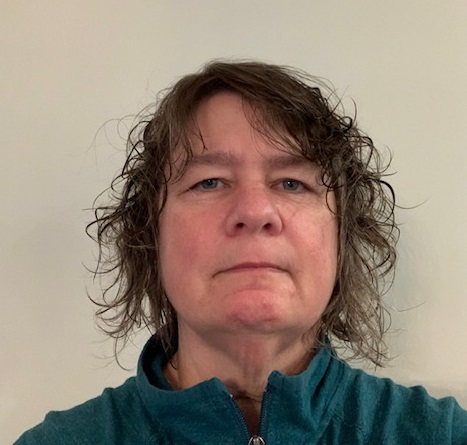
Kristina M. Zierold, PhD
Department of Environmental Health Sciences, University of Alabama at Birmingham
She / Her / Hers
Dr. Kristina Zierold is an associate professor in the department of environmental health sciences as the University of Alabama at Birmingham. She is an environmental/occupational epidemiologist and health scientist. Her areas of research include children’s environmental health, air pollution, exposure to heavy metal(loid)s, and community-based research. Dr. Zierold’s research has been funded by NIH, CDC, and several foundations. She has been investigating the health impacts of coal ash for over 7 years and has presented and published on children’s neurobehavioral health and exposure to fly ash.

Lisa Evans, Senior Counsel
Earthjustice
She / Her / Hers
Lisa Evans is an attorney specializing in hazardous waste law. Ms. Evans has been active in hazardous waste litigation and advocacy for over 30 years. Since 2006, she has been a senior counsel for Earthjustice. Evans is an expert on coal ash issues and testified before Congress in 2008, 2010 and 2011 and before the National Academies of Science in 2005. Prior to Earthjustice, Ms. Evans worked on toxic coal waste issues for the Boston-based nonprofit Clean Air Task Force. Ms. Evans is also the author of six nonfiction books, including one award-winning children’s book.
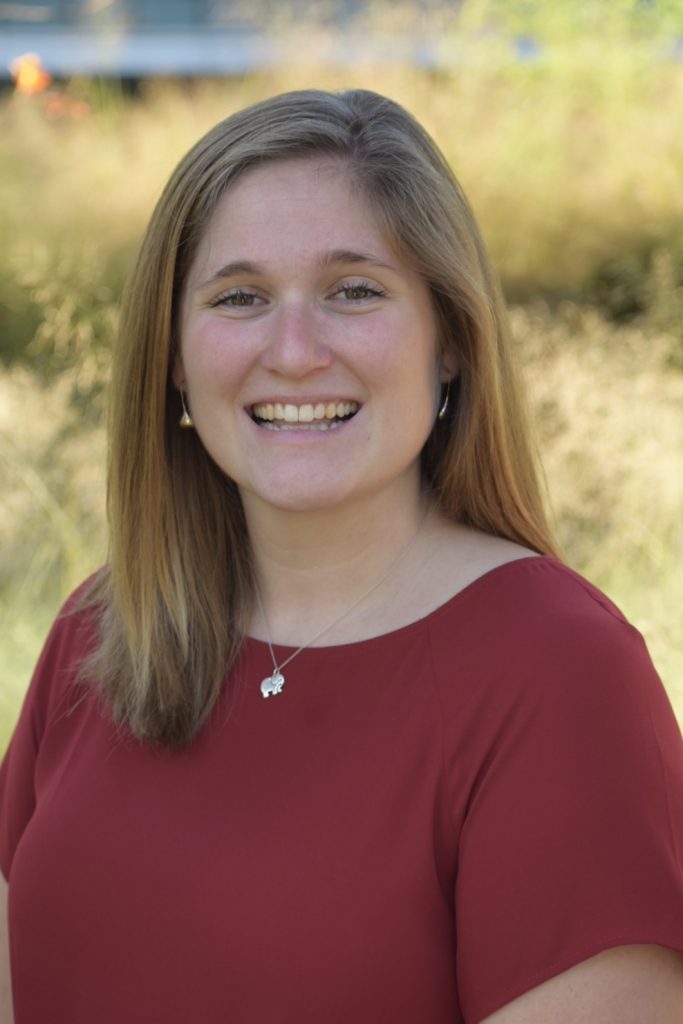
Rachel Landman
Raftelis
She / Her / Hers
Rachel is a stormwater consultant at Raftelis, working with cities and utilities to develop and manage stormwater and water affordability programs. While pursuing her Master’s in Environmental Management, Rachel worked in Avner Vengosh’s lab, evaluating the potential to neutralize acid mine drainage with coal ash. Rachel earned her Master of Environmental Management at Duke University and her Bachelor’s in Biology at Hamilton College in upstate New York. Rachel has also worked on environmental policy in Washington, DC and STEM education in the Northeast, Pacific Northwest, and Israel.
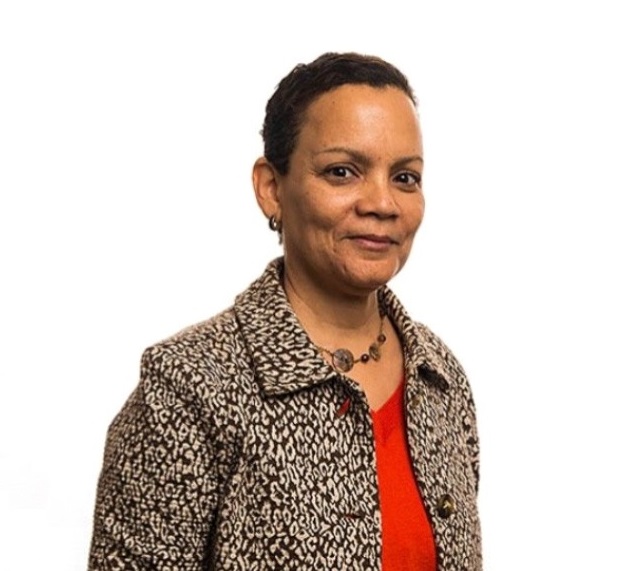
Ruth Santiago, Community Lawyer
Comité Diálogo Ambiental
She / Her / Hers
Ruth Santiago is a resident of the municipality of Salinas in southeastern Puerto Rico where she has worked with community and environmental groups, fisher’s associations and other organizations for over thirty years on projects ranging from a community newspaper, children’s services, a community school, ecotourism projects to rooftop solar energy pilot projects. Ruth has been involved in the establishment of broad alliances to prevent water pollution from landfills, power plant emissions and discharges and coal combustion residual waste. She is part of a civil society initiative to promote community-based solar projects and energy democracy called We Want Sun (queremossolpr.com). In addition to litigation in courts and administrative agencies, Ruth has co-organized environmental education projects, advised the Jobos Bay National Estuarine Research Reserve on watershed protection and land use issues. Most recently, Ruth has worked on cases related to energy projects and integrated resource plans. Ms. Santiago earned degrees from Lehigh University and Columbia Law School and has published articles on energy issues in Puerto Rico. Ruth Santiago serves on the White House Environmental Justice Advisory Council.

Shea Tuberty, PhD
Department of Biology, Appalachian State University
He / Him / His
Dr. Tuberty received his B.A. at Vanderbilt Univ and M.S. and PhD at Tulane Univ and teaches Ecotoxicology, Invertebrate Zoology, Biological Concepts, and field courses in Belize, New Zealand and Australia at Appalachian State Univ in Boone, NC. The Tuberty Lab (including high school, undergraduate, & M.S. students) is focused on a variety of interests related to southeastern ecotoxicology, ecophysiology and aquatic ecology issues. At the root of our efforts is a passion for sustainable management of water resources. In recent years we have worked on the endocrine disrupting effects of sewage effluents on fish, industrial poultry and hog waste soil amendment practices on soil and water quality, impacts of coal ash spills on water quality and aquatic community assemblages, toxin bioaccumulation, impacts of local toxin spills (e.g. NaOH, insecticides, coal tar asphalt resealants, coal ash), stream restoration/dam removal projects and stream recovery, and are very involved in the North American SETAC & Carolinas SETAC conferences

Zhen Wang, PhD Candidate
Earth & Climate Sciences, Duke University
He / Him / His
Mr. Wang is an environmental geochemist. He received his B.S. and M.S. in China in June 2015 and 2018, respectively. He then began his Ph.D. studies at Duke University since August 2018. By using geochemical and isotopic tools, his research focuses on tracing the impacts of coal ash and its associated metal(loid) contaminants on both terrestrial and aquatic environments. Ms. Wang also studies the persistent pollution of Pb and other hazardous metal(loid)s in both pristine and urban environments and its implications for human health. He has published 13 peer-reviewed papers in high-impact journals including Environmental Science & Technology, Environmental Science & Technology Letters, Science of the Total Environment, and Global Biogeochemical Cycles.
Click HERE to return to the symposium’s main page.
